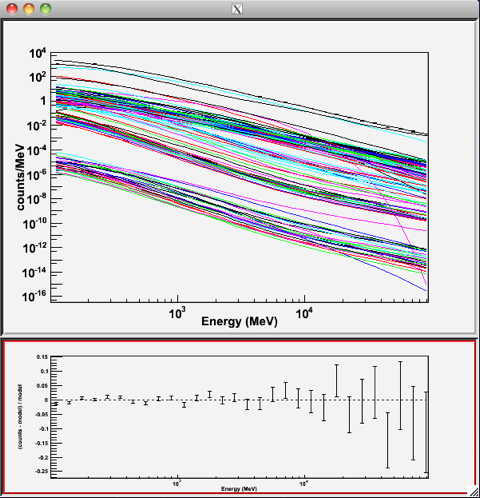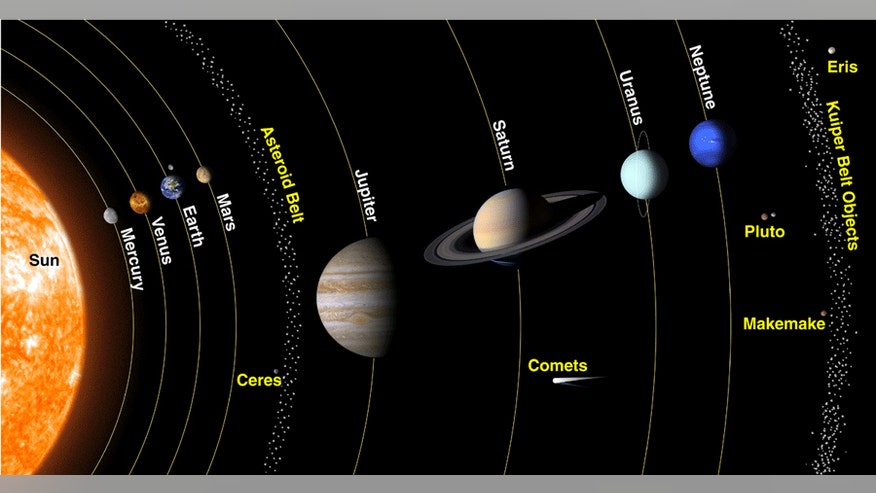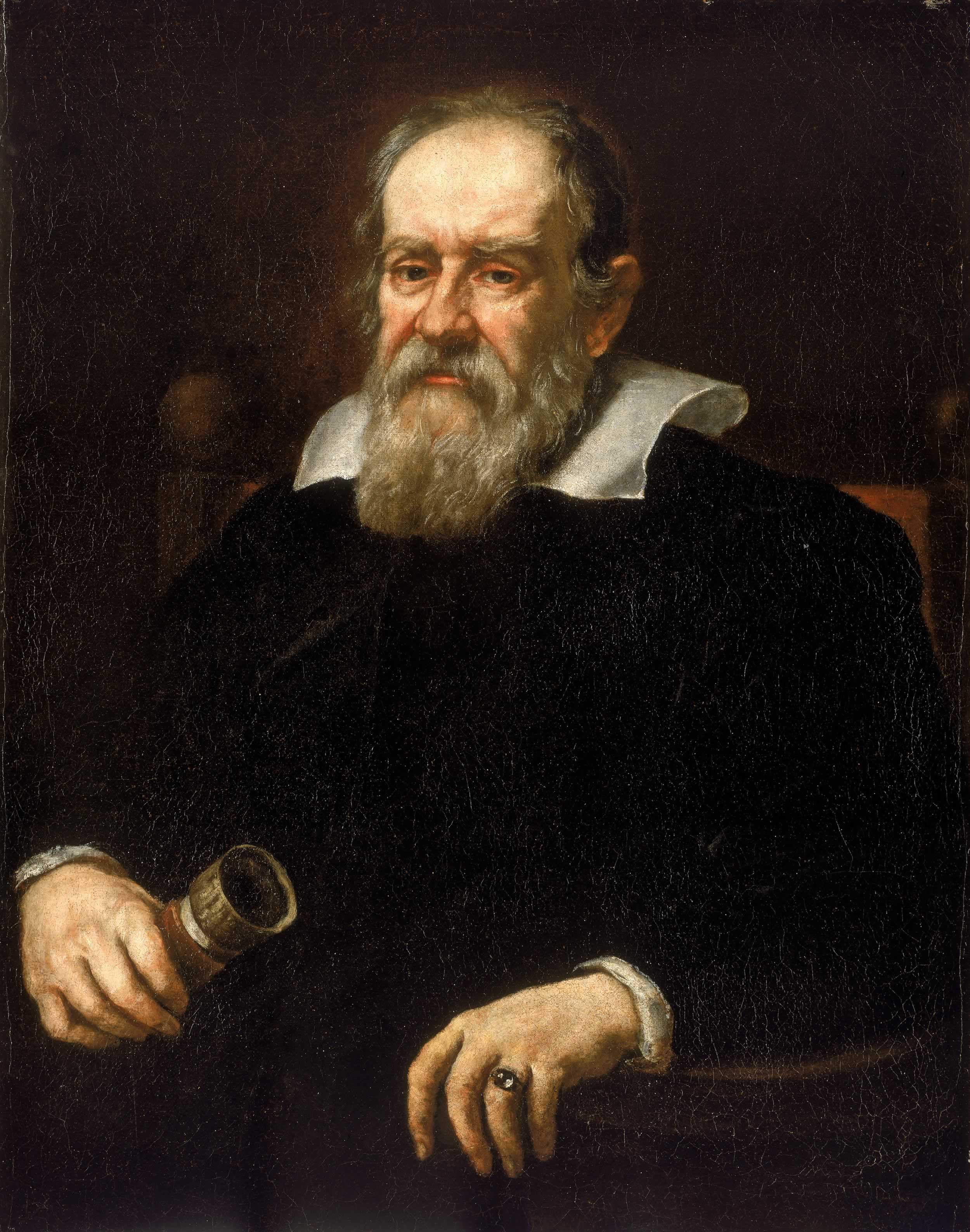A Final Note
Galileo Galilei was a physicist and mathematician who used his skills and knowledge in the field of astronomy. The Copernican Heliocentric model of the solar system was the his choice of support and it turned out to be the right choice. Through his study and discovery of Jupiter's moons and the phases of Venus, Galilei was able to being to prove that the heliocentric model was correct. Even though his work came under certain strict limitations, Galileo still made a major scientific discovery which changed the way we look at our universe today. Even though his model did face mathematical and technological limitations which can be solved by the devices and knowledge we hold today, it can still be viewed that the heliocentric model put forth by Galileo was as correct as it could be in the time produced with some minor flaws.Bibliography
7.2 Disadvantages to Copernicus Model. 2015. 7.2 Disadvantages to Copernicus Model. [ONLINE] Available at:http://is.physics.kent.edu/7ideas_ebl/idea1/idea1/node18.html. [Accessed 27 August 2015].Determining Earth's Orbit. 2015. Determining Earth's Orbit. [ONLINE] Available at: http://www.keplersdiscovery.com/Earth.html. [Accessed 27 August 2015].
Galileo | Italian philosopher, astronomer and mathematician | Britannica.com. 2015. Galileo | Italian philosopher, astronomer and mathematician | Britannica.com. [ONLINE] Available at:http://www.britannica.com/biography/Galileo-Galilei. [Accessed 27 August 2015].
2015. . [ONLINE] Available at: http://www.biography.com/people/galileo-9305220. [Accessed 27 August 2015].
Galileo. 2015. Galileo. [ONLINE] Available at:http://www.polaris.iastate.edu/EveningStar/Unit2/unit2_sub5.htm. [Accessed 27 August 2015].
Venus Phases 2012 - YouTube. 2015. Venus Phases 2012 - YouTube. [ONLINE] Available at: https://www.youtube.com/watch?v=-kbqQUi7nFg. [Accessed 27 August 2015].
The Galilean Moons of Jupiter. 2015. The Galilean Moons of Jupiter. [ONLINE] Available at:http://lasp.colorado.edu/education/outerplanets/moons_galilean.php. [Accessed 27 August 2015].
Models of the solar system. 2015. Models of the solar system. [ONLINE] Available at: http://www.bluffton.edu/~bergerd/nsc_111/science3.html. [Accessed 27 August 2015].
Nicolaus Copernicus Facts, Quotes, Heliocentric Model, Astronomy Theory. 2015. Nicolaus Copernicus Facts, Quotes, Heliocentric Model, Astronomy Theory. [ONLINE] Available at:http://www.sciencekids.co.nz/sciencefacts/scientists/nicolauscopernicus.html. [Accessed 27 August 2015].
Scientific Journals:
Extended Syllabus. 2015. Extended Syllabus. [ONLINE] Available at:http://www.project2061.org/publications/rsl/online/Syllabi/SHAHN/SHAHN6.HTM. [Accessed 27 August 2015].











.jpg)


